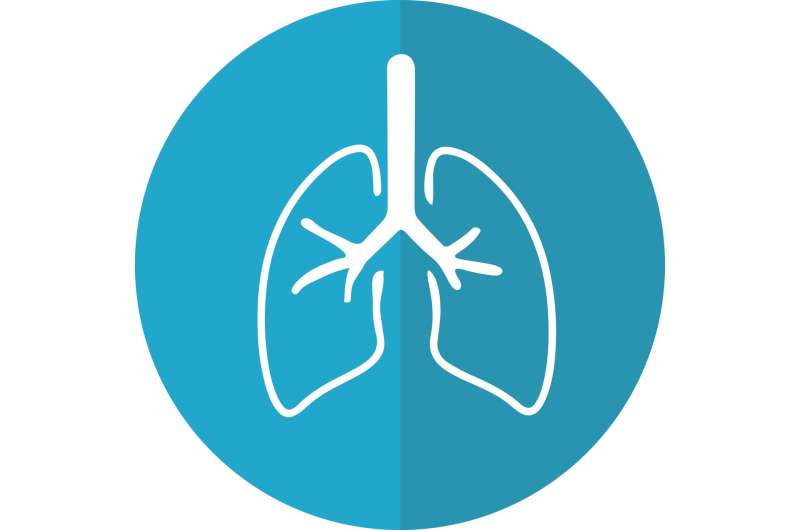National Study Calls for Broader Vaccine Screening in Emergency Departments

A recent national study underscores the importance of expanding vaccine screening in emergency departments to increase immunization rates among underserved populations and improve public health outcomes.
A comprehensive nationwide study highlights the need to expand vaccine screening efforts within emergency departments (EDs), which serve as critical healthcare access points for many underserved populations. Conducted by researchers at the University of California, Riverside, the study analyzed the vaccination knowledge, coverage, and willingness to receive vaccines among non-critically ill adult patients across ten EDs in eight U.S. cities between April and December 2024.
The findings reveal that nearly half of the participants were unaware of one or more recommended vaccines, and 86% had not received certain vaccines like shingles, pneumococcal, RSV, tetanus, COVID-19, or influenza. The study emphasizes that vaccine screening in EDs can significantly elevate immunization rates, especially among populations lacking primary care access. Dr. Robert Rodriguez, the study’s lead author and a professor at UC Riverside School of Medicine, stated that implementing vaccine screening in EDs could increase the rate of adults up-to-date on their vaccinations from 14% to nearly 48%, a more than threefold rise.
The research highlights that about 30% of Americans do not have regular primary care and depend on EDs for health services. This group includes uninsured individuals, many homeless persons, and immigrants, who often miss routine vaccination opportunities. The study advocates for collaboration between public health authorities and ED staff to develop programs for vaccine screening, outreach, and delivery tailored to these vulnerable groups.
Dr. Rodriguez proposes expanding vaccination initiatives within EDs by integrating comprehensive screening protocols, which could be supplemented by referrals to pharmacies and clinics for vaccine administration. Future efforts aim to automate the screening process and explore mobile outreach solutions to reach those unable to visit EDs. These strategies can address current health inequities and improve vaccine coverage nationwide.
This approach underscores the role of EDs in bridging critical gaps in public health vaccination efforts, potentially transforming vaccine access for underserved populations and promoting greater health equity.
For more information, visit the full study: MMWR. Morbidity and Mortality Weekly Report. Source: https://medicalxpress.com/news/2025-08-national-urges-vaccine-screening-emergency
Stay Updated with Mia's Feed
Get the latest health & wellness insights delivered straight to your inbox.
Related Articles
New Grading System Proposed for Invasive Lung Squamous Cell Carcinoma by IASLC
A new study proposes a tumor budding-based grading system for invasive lung squamous cell carcinoma, offering improved prognostic accuracy and potential to enhance treatment strategies. Published by IASLC, this research highlights a practical approach for pathologists worldwide.
Impact of New Obesity Criteria on Global Prevalence Estimates
A groundbreaking study shows that proposed new criteria for defining obesity could drastically reduce prevalence rates worldwide, raising concerns about early detection and prevention efforts.
New Study Quantifies Pain by Assigning a Monetary Value to Enhance Measurement Accuracy
A pioneering international study introduces a monetary approach to pain measurement, offering more accurate and comparable assessments for clinical and research purposes.
Exercise and Physical Activity Reduce Risk of Overactive Bladder in Adults
Maintaining an active lifestyle can significantly lower the risk of developing overactive bladder in adults, according to recent research. Explore how physical activity supports bladder health.



